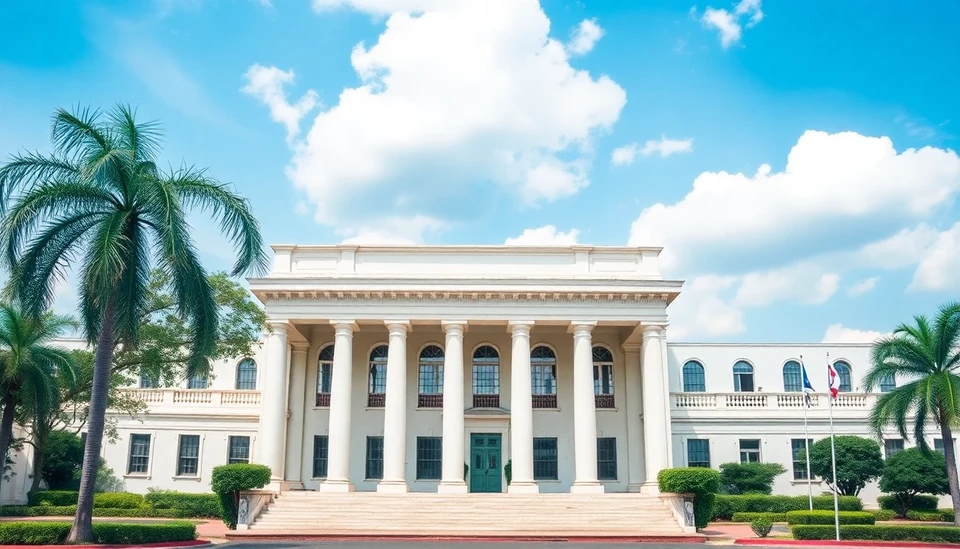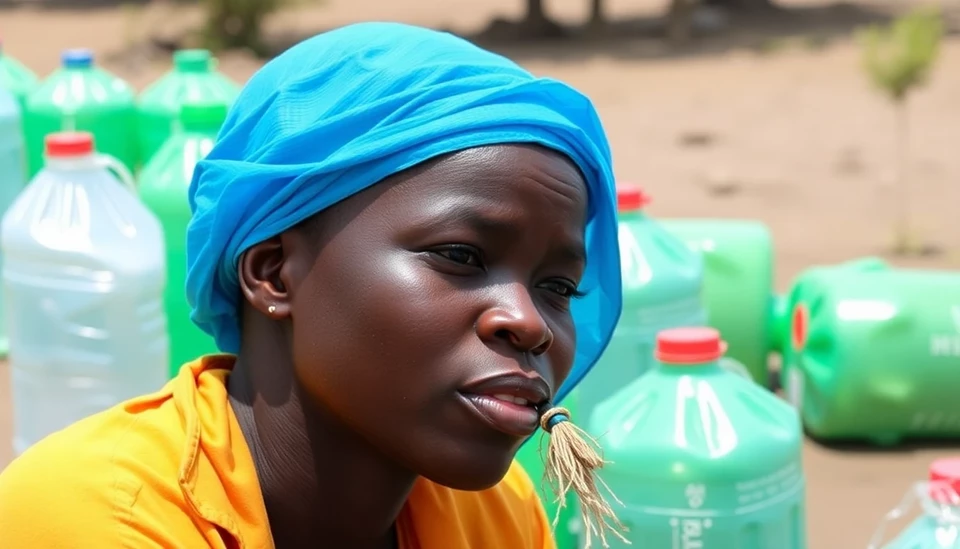
In a decisive move reflecting ongoing economic conditions, South Sudan's central bank has opted to maintain its key interest rate at 15%. This decision, announced on January 1, 2025, comes as the nation grapples with inflationary pressures and strives to stabilize its financial landscape. The Central Bank of South Sudan (CBSS) emphasized that this rate will remain unchanged to bolster economic stability while addressing the persistent volatility facing the country.
Central Bank Governor Dier Tong Ngor articulated the challenges that the nation continues to face, including spiraling inflation and fluctuating commodity prices. Inflation in South Sudan has been a significant concern, influenced by a variety of factors including global economic shifts and local economic policies. The bank's commitment to maintaining the interest rate at 15% is part of a broader strategy to control inflation and foster a more predictable economic environment for both consumers and businesses.
The decision is not without its complexities; while a high-interest rate can help control inflation by discouraging borrowing, it can also stifle investment and economic growth. As such, the central bank is balancing the dual objectives of curbing rising prices while encouraging a healthy economic climate. Analysts have noted that the economic scenario in South Sudan has been compounded by challenges such as security issues, which can deter foreign investment and hamper domestic business activities.
Moreover, the bank's stance reflects its cautious approach to managing economic policies in an unpredictable environment. The CBSS plans to monitor economic indicators closely and is prepared to make adjustments if necessary, to ensure inflation remains under control and economic recovery continues on a positive trajectory.
The central bank's decision was largely anticipated by market experts and was seen as a necessary step to navigate the challenging economic climate. Stakeholders, including local businesses and international investors, will be closely observing the bank's actions and the resulting implications on South Sudan's economy in the coming months.
In conclusion, as the Central Bank of South Sudan holds firm on its key interest rate, the nation continues to seek pathways to stabilize its economy while addressing the underlying issues contributing to its financial challenges. The focus now turns to how these monetary policies will influence the broader economic landscape and the effects they will have on everyday South Sudanese citizens.
#SouthSudan #EconomyInterestRate #CentralBank #Inflation #FinancialStability
Author: Daniel Foster


